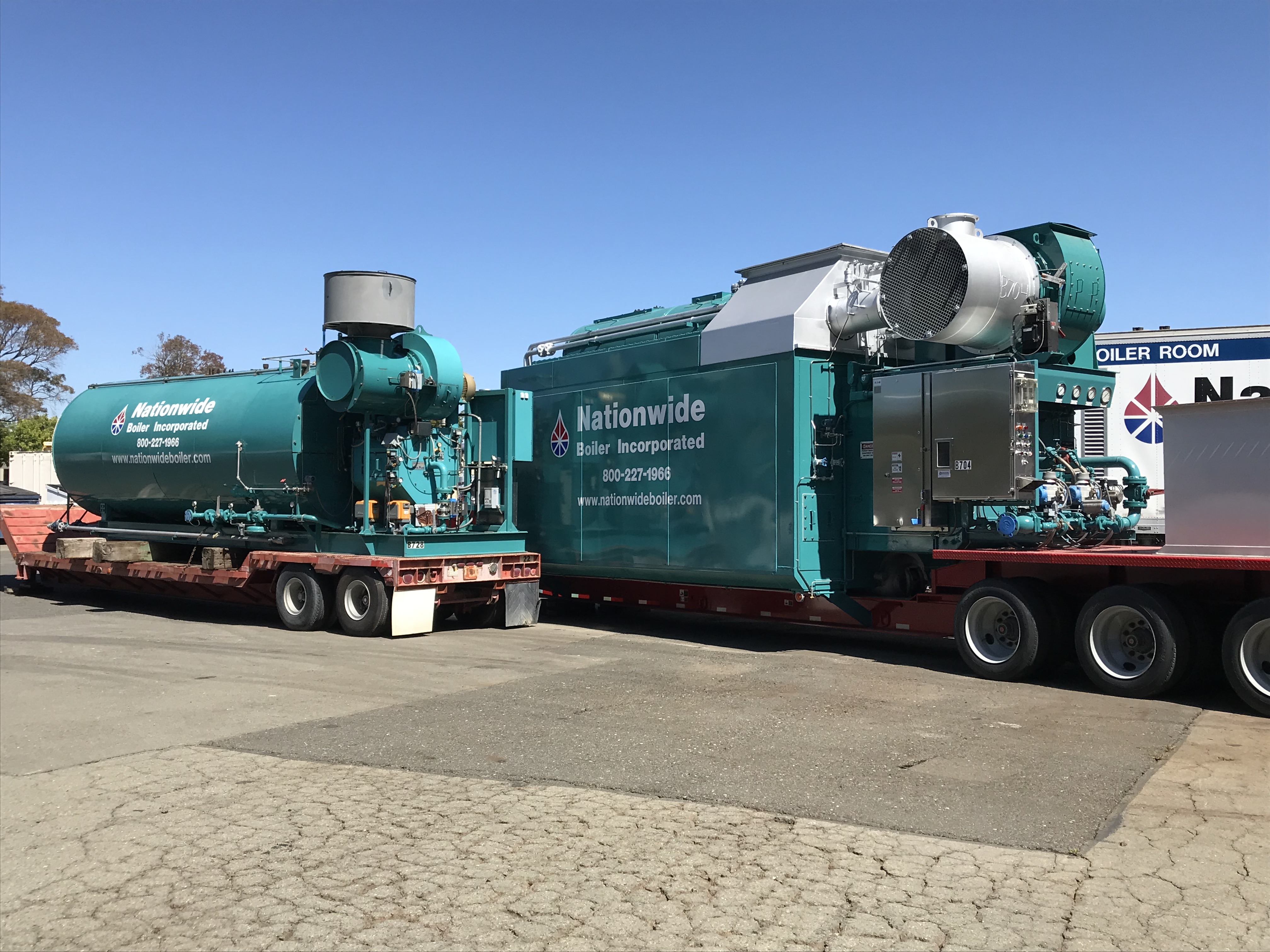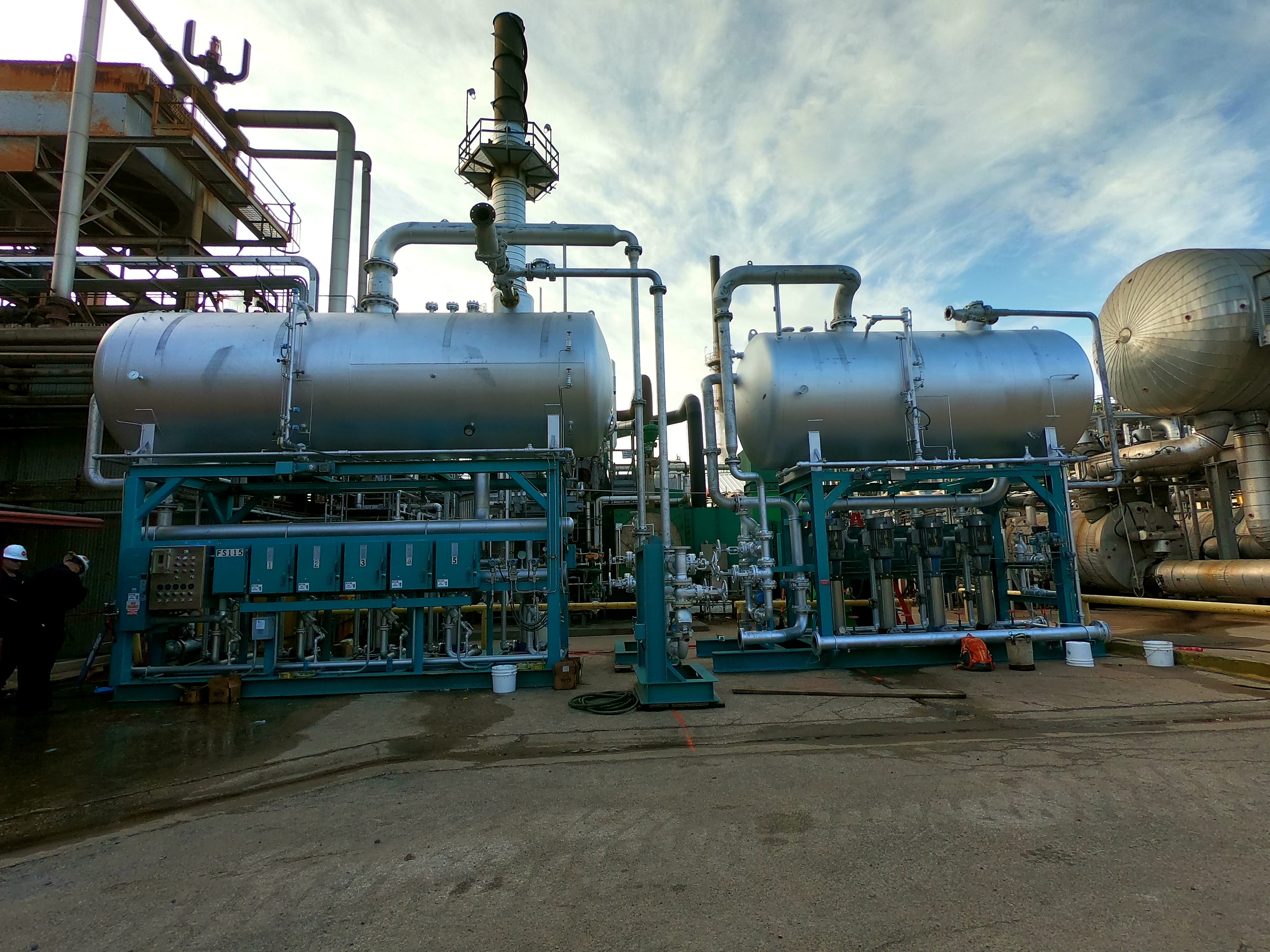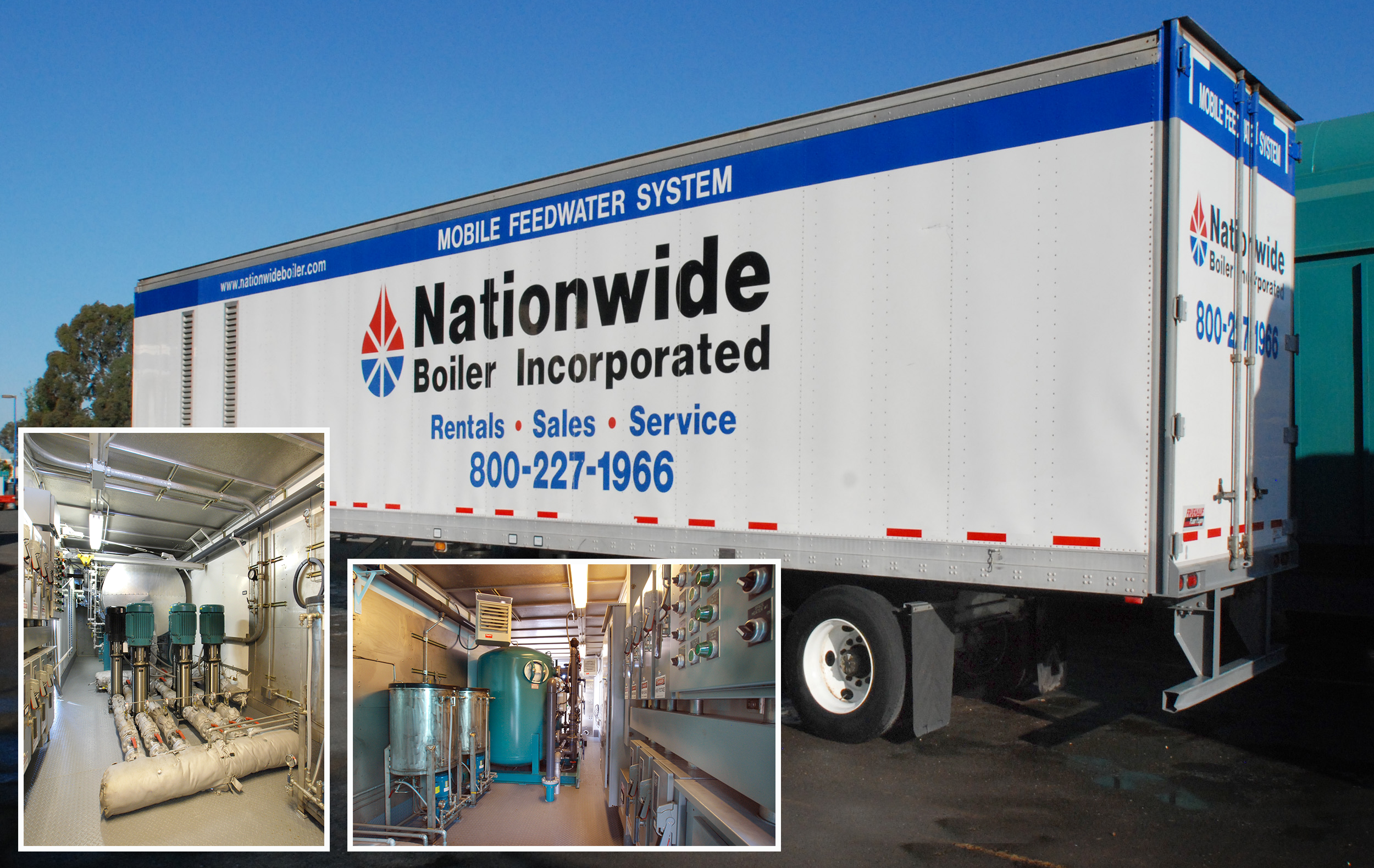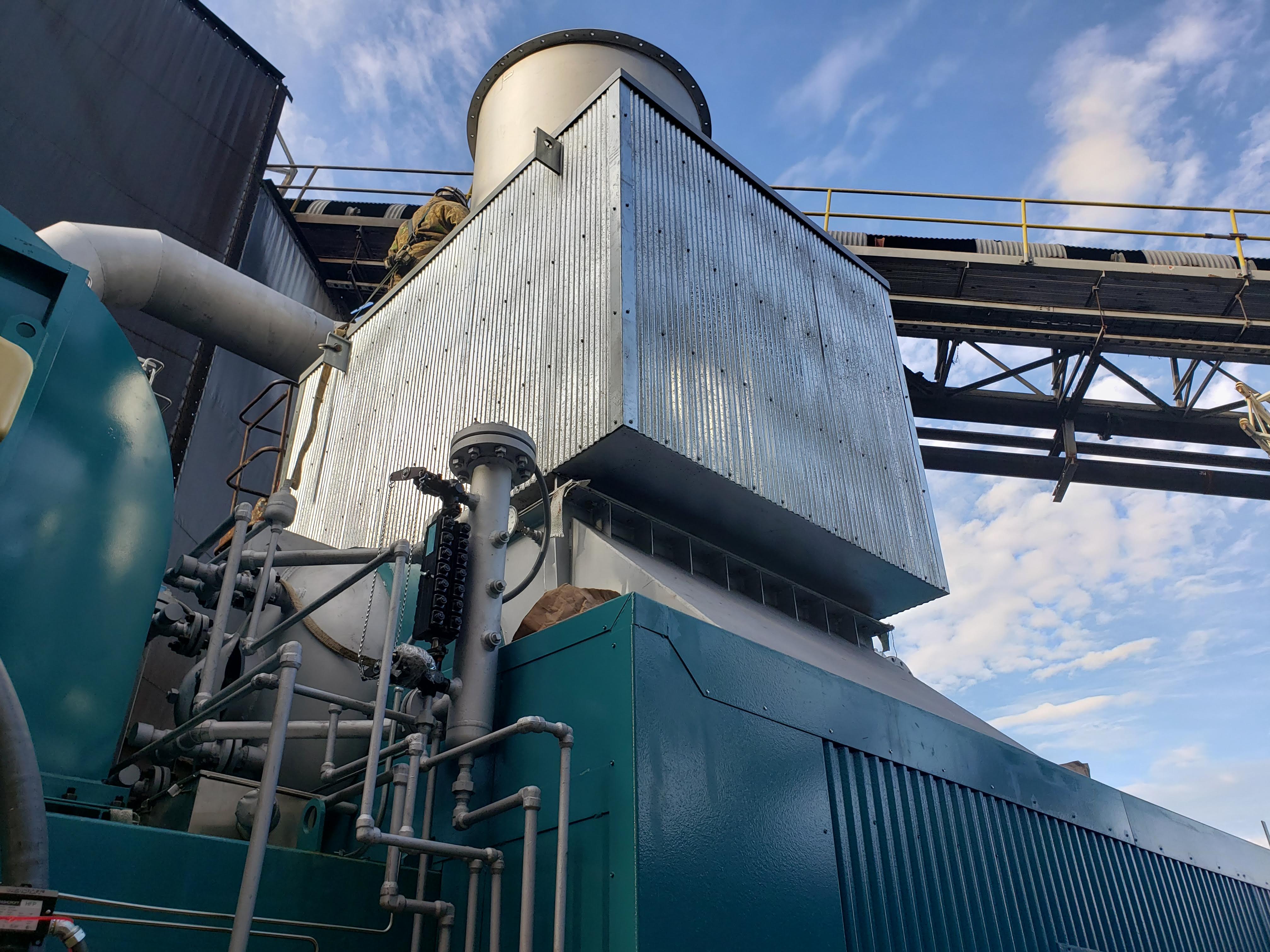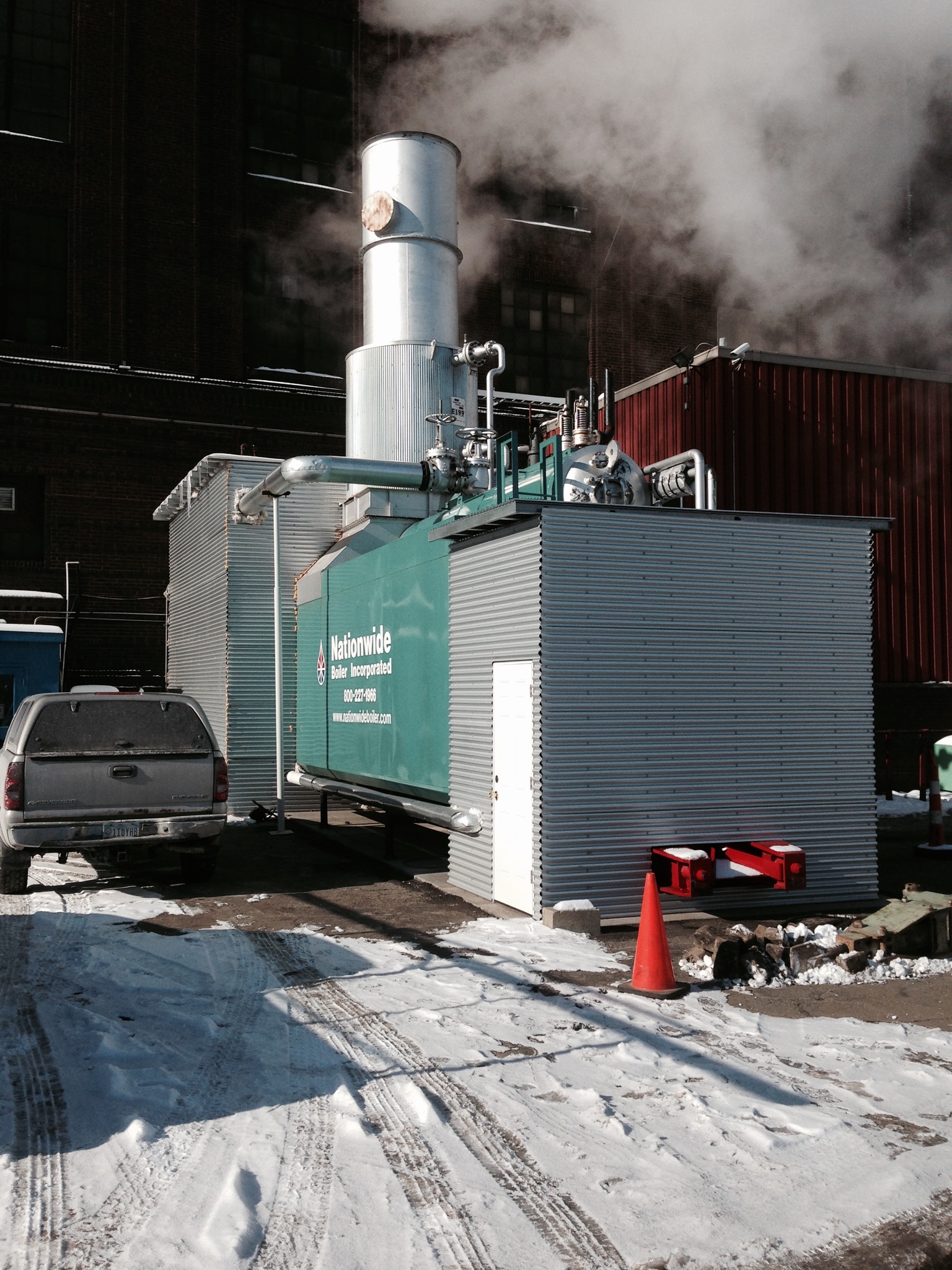At Nationwide Boiler, safety is more than just a set of protocols and is a core value that shapes our operations. As we continue to honor National Safety Month, our second weekly focus spotlights on Employee Engagement, an important part of building a strong, proactive safety culture that lasts.
Employee engagement in safety goes beyond just following the rules and is about making safety a mission. Engaged employees are empowered employees and when people are empowered, safety becomes second nature. It means encouraging team members to speak up, ask questions, offer feedback, take initiative, and look out for one another, knowing that safety is a team effort.
What are some ways you can engage employees?
Engaging employees in safety doesn’t have to be complicated and just takes consistency, communication, and a little creativity. Here are a few effective ways to get employees actively involved:
- Safety Committee: Empower employees with regular, focused meetings to identify issues, track progress, and improve workplace safety.
- Positive Reinforcement: Recognizing safe behavior builds trust and motivates employees. Simple praise or rewards make people feel valued and more engaged, reinforcing a strong safety culture over time.
- Conflict Resolution Handling conflicts calmly, listening well, and communicating openly helps resolve differences and makes the workplace safer.
- Harness Team Spirit: When employees feel connected to a bigger team, they’re more motivated. Creating a strong team identity, recognizing efforts, and focusing on shared goals helps boost that spirit.
- Having Difficult Conversations: Having honest and respectful conversations about safety is important and becomes easier when done regularly, with clear goals, awareness of emotions, follow up, and a focus on learning rather than blame.
All these strategies work together to drive employee engagement by making safety personal, inclusive, and collaborative. Altogether, these efforts create a culture where employees are not just following rules but are actively contributing to a safer, more supportive workplace.
How is Nationwide Boiler Getting Employees Involved?
At Nationwide Boiler, we have a solid safety program that consists of a safety committee that meets quarterly, employee recognition for safe work practices, and continuous trainings to encourage a safety mindset. We are also proud to participate in National Safety Month by focusing on a different safety topic each week, following the National Safety Council’s weekly themes. Our planned employee activities are designed to raise awareness, strengthen our safety culture, and encourage employee engagement throughout the facility.
To raise employee engagement during Safety Month, we’ve added safety themed games to our weekly activities, making learning more interactive, fun, and memorable for everyone. Some of the games coordinated by our safety committee include:
- What’s Wrong with the Picture?
- Safety Charades
- Safety Recognition Game
- Safety Jeopardy
For more tools and insights on boosting employee engagement in safety, visit the National Safety Council’s website and explore their dedicated resources for National Safety Month. https://www.nsc.org/faforms/national-safety-month-materials. Stay tuned for another safety topic next week as we celebrate National Safety Month!



